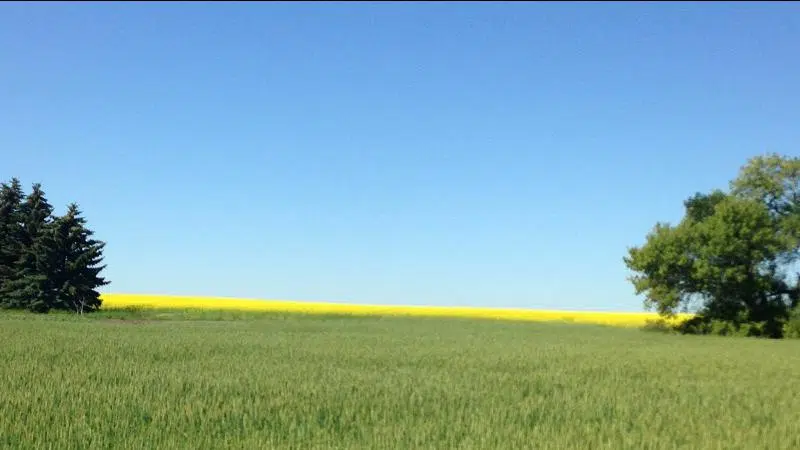
Partnership to help producers manage climate change
The provincial government, in partnership with Natural Resources Canada and the Saskatchewan Water Security Agency (WSA), will provide $1.3 million in funding to help producers and communities manage the impacts of climate change.
Natural Resources Canada pledged more than $587,000 through the Building Regional Adaptation Capacity and Expertise Program. The provincial government is providing $320,000, while WSA along with partner organizations will contribute an additional $326,000 of in-kind support.
Patrick Boyle with WSA said there will be a focus on education through informational workshops.


